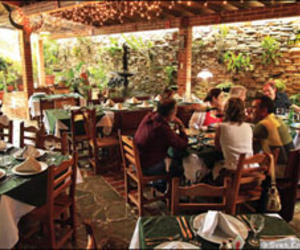Deregulation of food distribution taking shape
- Submitted by: manso
- Business and Economy
- 02 / 16 / 2011

In another step towards deregulation of food distribution and creation of a de facto wholesale market to supply ailing private businesses at non-convertible peso prices, the government is allowing sugar and imported rice to be sold on “parallel food markets” at regulated non-convertible peso (CUP) prices.
According to resolution 21/11 of the Interior Trade Ministry, the introduction of rice and sugar in state-owned “Ideales” stores and offer-and-demand farmers markets will be “gradual,” suggesting the staples wouldn’t be taken off the ration booklet immediately. Resolution 20/11 increased the price of rice from 3.50 pesos CUP per pound to 5 pesos.
This means rice and sugar are now available at prices above the subsidized levels on the ration booklet, but below those of hard-currency stores. Monthly rice and sugar rations at rock-bottom CUP prices — seven pounds of rice, three pounds of refined white sugar, and one pound of brown sugar per person — typically only lasted up to two weeks, forcing many Cubans to buy the staples at astronomical prices in convertible pesos (CUC). Immediately after official daily Juventud Rebelde announced the move Feb. 6, Cubans lined up in front of Ideales outlets to buy Vietnamese rice.
Over the past three months, the government has issued more than 80,000 private business licenses, many of them in the food sector.
Restaurant owners and other private food service providers have extensively used the black market for affordable supplies. Observers have attributed recent bread shortages in subsidized state bakeries to increased demand from businesses. Bread is available for pennies on personal ration cards only in those bakeries.
“The deregulated sale of sugar was a necessary and much-expected decision, most of all for the sound development of the private sector,” the Juventud Rebelde article said.
Source: www.cubastandard.com/2011/02/15/
Comments